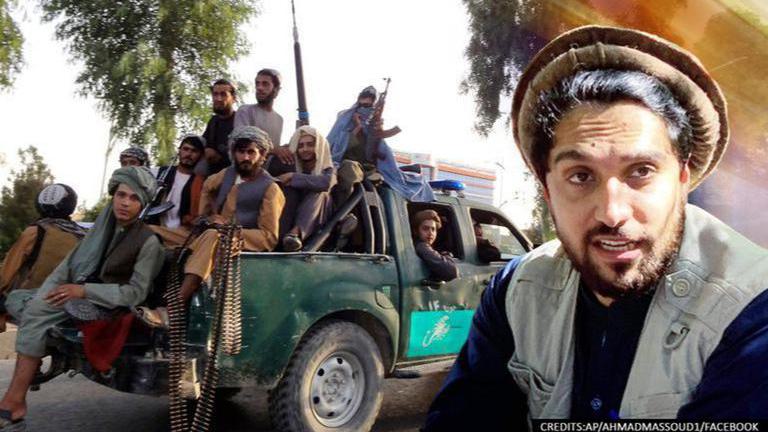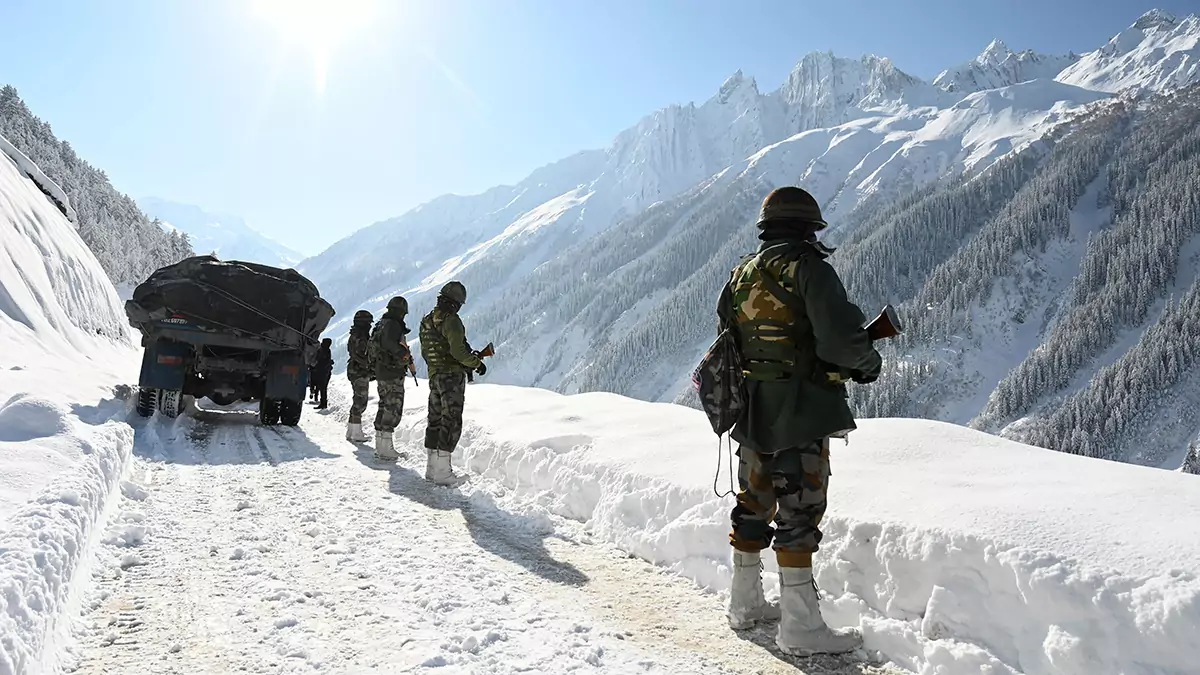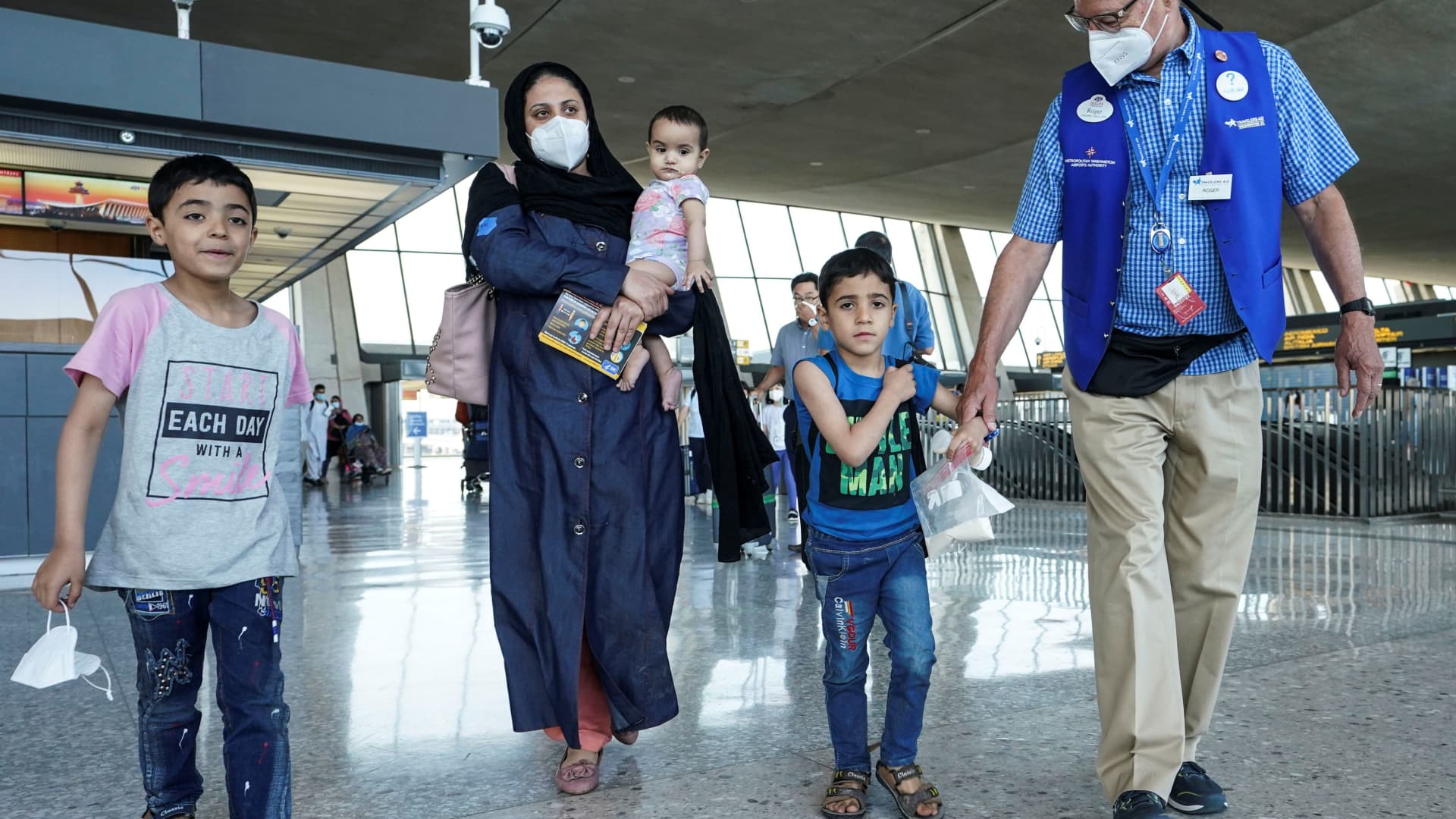Around a week ago, I mentioned the fact that both Amrullah Saleh (the vice-president of the ousted administration, who had served as a very able head of the NDS, the intelligence service) and Ahmad Massoud (ths son of the legendary Ahmad Shah Massoud) had both found their way to the Panjshir Valley and had set themselves up against Taliban rule.
One account I have read suggests that the son of General Dostum (the Uzbek warlord) has also joined them.
Among other things, I have no doubt that - by their actions, and their presece as a focus for oposition to Taliban rule - they are seeking to challenge the narrative that Afghans were not prepared to fight theTaiban; I would expect these individuals (and their supporters) to fight the Taliban until the bitter end.
Given that the Panjshir Valley was never conquered by the Taliban during their earlier period in power, - and Saleh's loathing of the Taliban is deeply felt, intensely personal as well as political (they had murdered his sister) - and was the location of the legendary Ahmad Shah Massoud's resistance (to taliban rule) with the Northern Alliance, this should have significant resonance across Afghanistan.
However, it is interesting that Indian sources appear to be the only credible sources covering their resistance in any depth.







